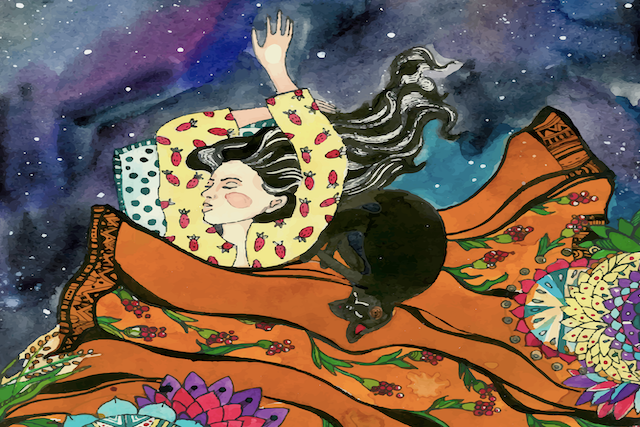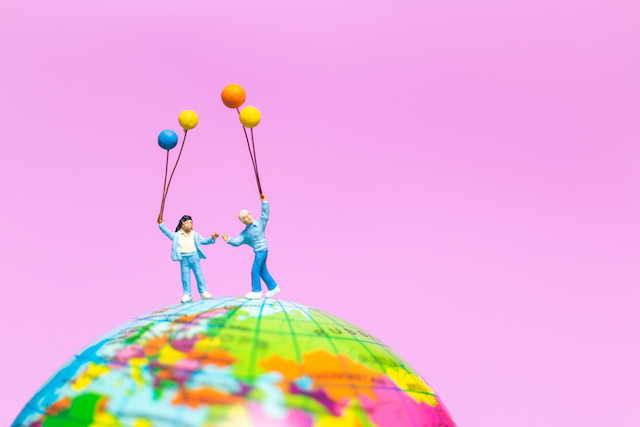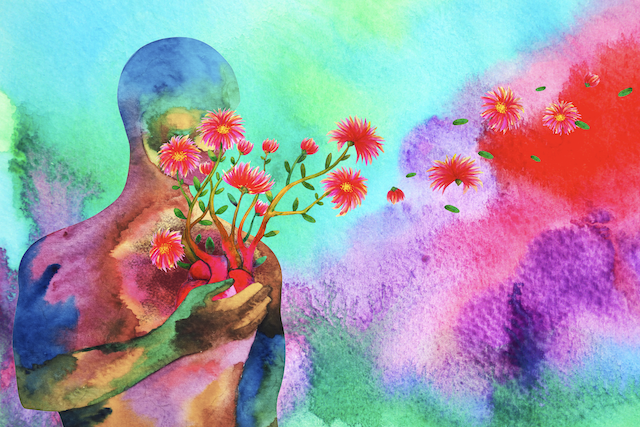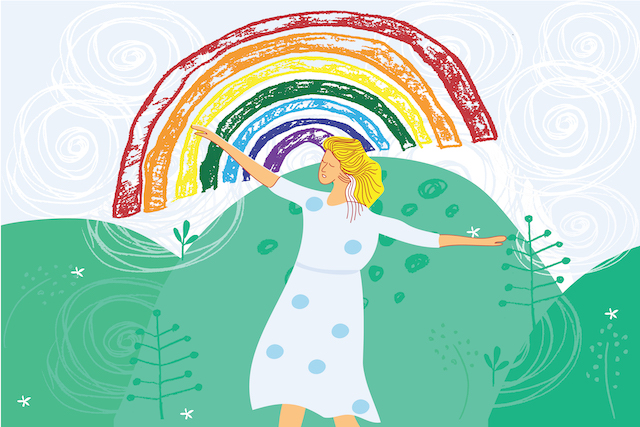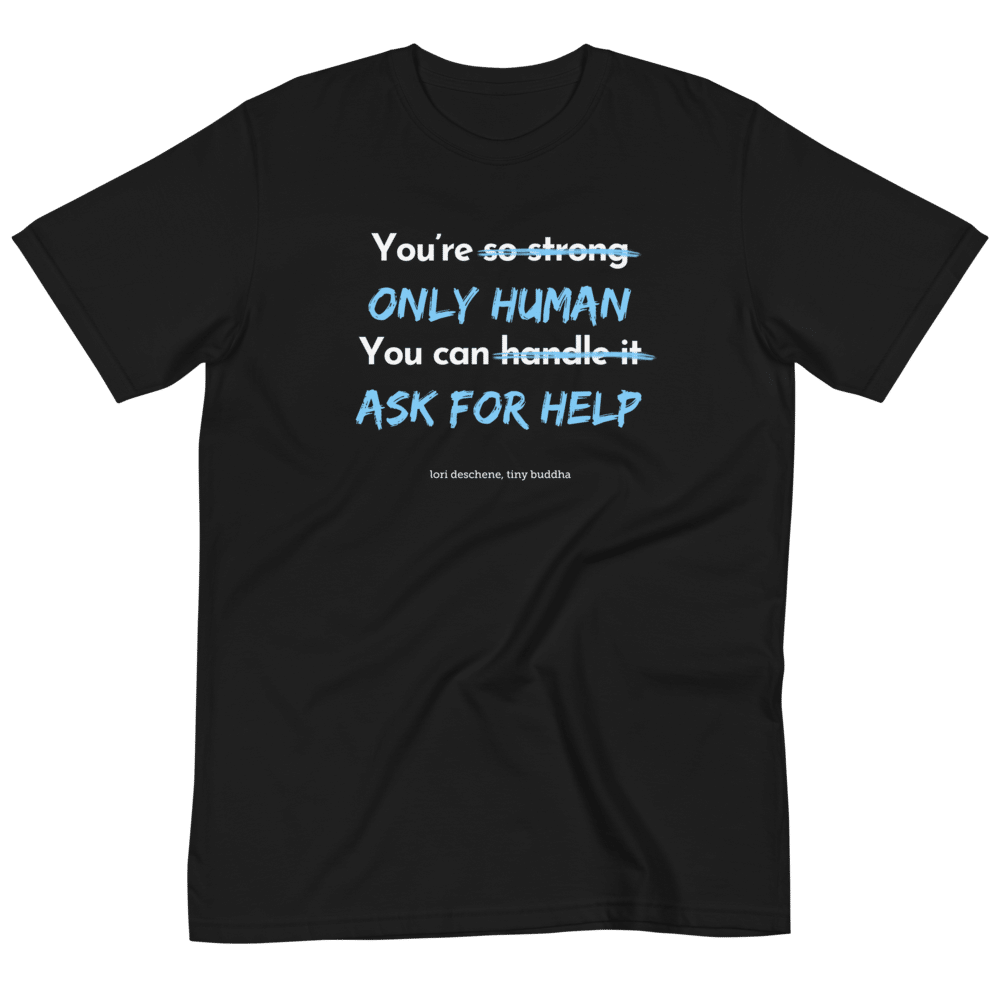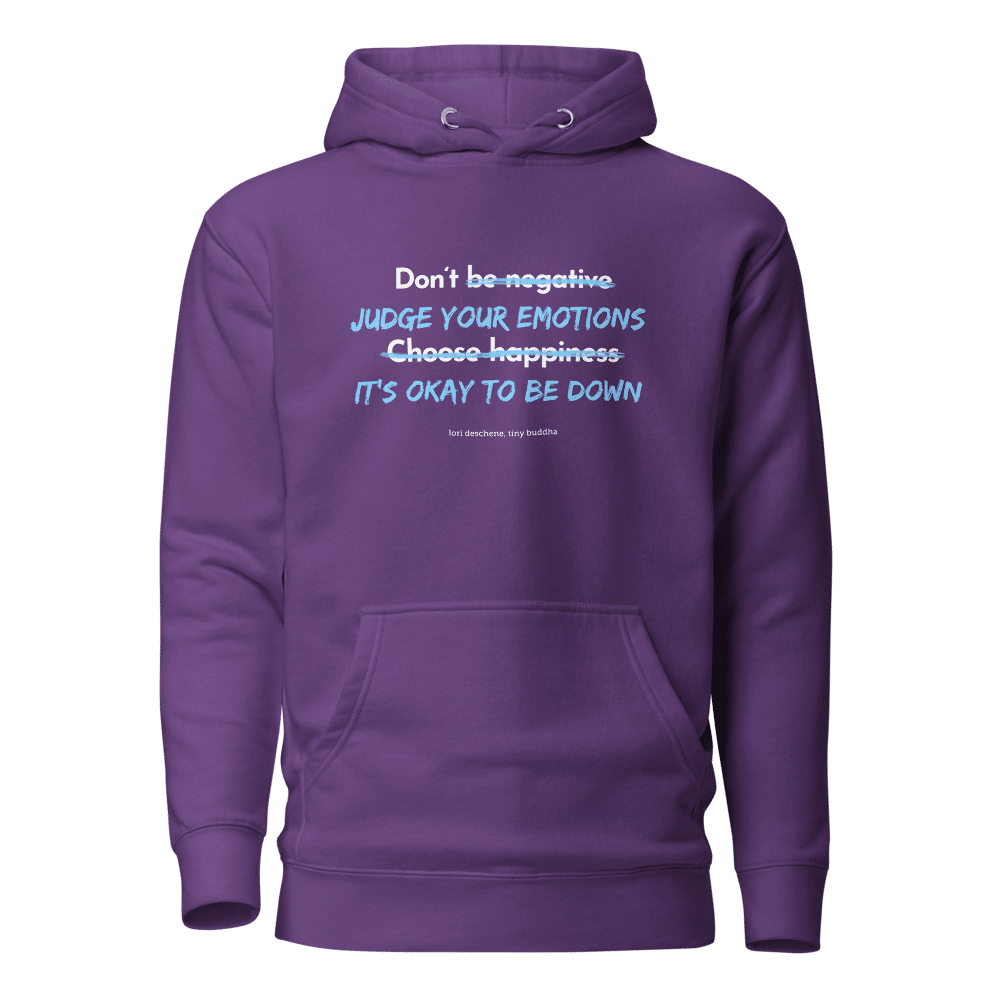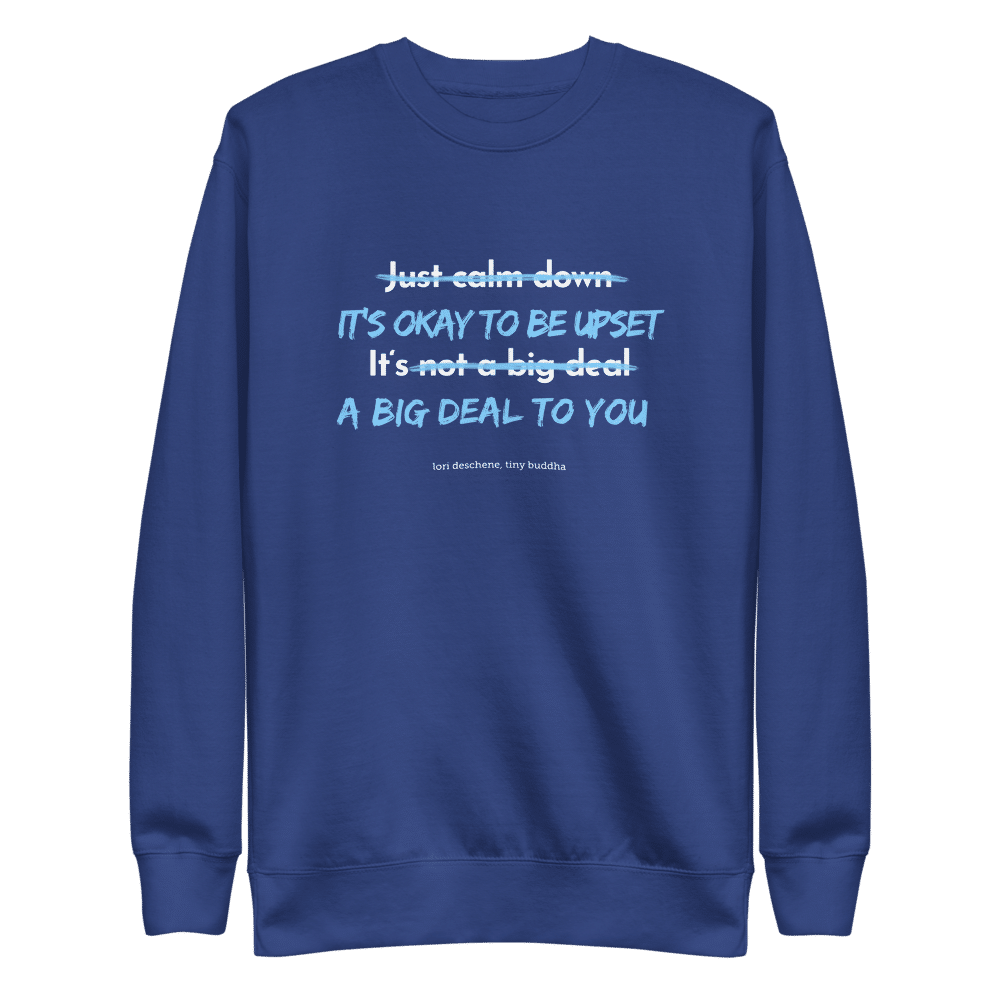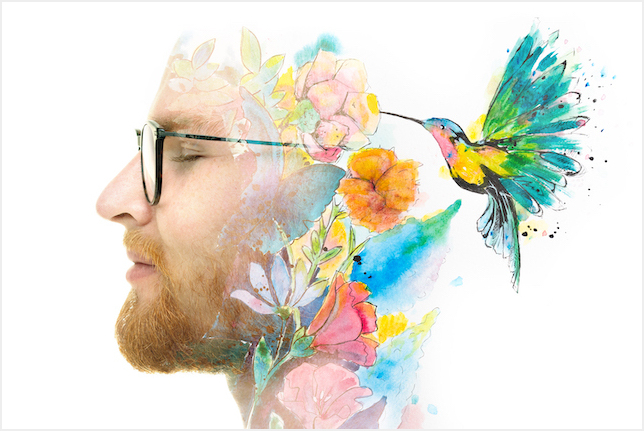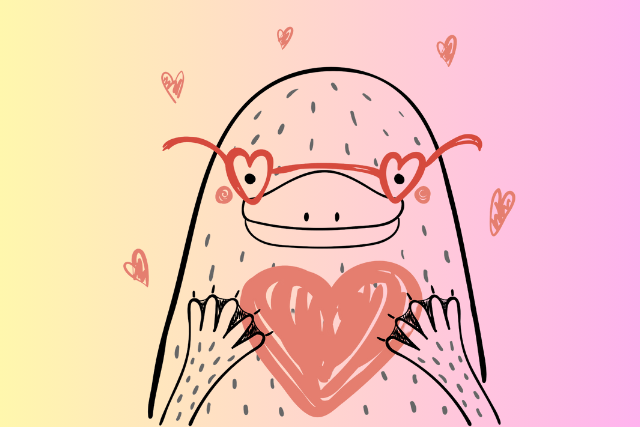
“I want to think again of dangerous and noble things. I want to be light and frolicsome. I want to be improbable, beautiful and afraid of nothing, as though I had wings.” ~Mary Oliver
I was a beautiful, wild, and exhilarating kid. I marched to the beat of my unicorn drum and, to the confusion of adults, I did not fit into the typical boxes they had been anticipating.
This little kid was ready to thrive!
The freedom did not last long. My zest for life and unicorn drum beat quickly symbolized my weirdness. Adults tilted their heads in perplexity as they pointed out my offbeat thinking. I frequently found myself in “time out” or enforced “alone time” for being disruptive, lost in my inner world, and not listening.
I did not understand. I was thrilled to be me!
Without my consent, my self-expression was labeled as problematic.
Looking back, I know what I needed. This kid needed to run around in the forest, study wildlife in the river, and have a science teacher like Ms. Frizzle in the Magic School Bus.
At six years old, my mom died. This loss added a new layer of complexity, amplifying my “issues.” I was weirder and wilder and, suddenly, these qualities didn’t feel fun anymore.
I felt alone.
In first grade, my teacher gave us a test: how to read an analog clock with hour and minute hands tucked inside the belly of a teddy bear. I was shocked. WHEN HAD WE LEARNED THIS? Everyone filled in their test knowingly, and I just colored the bears in neon marker.
ADHD was in its infancy as a diagnosis. Nobody had heard of it. My parents found a doctor researching the nascent disorder, and he believed I was outside of a (subjective) range of ‘normal behavior.’
Before I understood what was happening, I was on medication.
Learning to Mask
As I hit high school, I started taping my meds to the inside of my journal to hide them. I had officially learned to mask. Masking is an act where an individual attempts to hide, suppress, or overcompensate for symptoms to appear neurotypical.
The good news is that I learned the necessary skills to navigate a conventional lifestyle.
But deep down, my inner fire was brewing. And the pressure to be normal was soul-crushing.
The Lesson of the Platypus
At this juncture, I want to introduce you to the gloriousness of Ornithorhynchus anatinus, also known as the platypus. #egglayingbreastfeedingduckbeaverotter,
This semi-aquatic mammal, native to Australia and Tasmania, is a biological enigma, boasting a suite of features that defy categorization. They lay eggs like a reptile and nurse their young with milk like a mammal.
They sport a bill and webbed feet like a duck and come equipped with venomous spurs on their hind limbs. And let’s not forget their ability to sense electric fields through the bill, a skill typically associated with certain fish species.
Scientists continue to argue over which (imperfect) scientific category we need to stuff this little soul into. Does it occur to us that the categories are restrictive if everyone doesn’t fit into them? I mean, without a label, how will we know how to make sense of the world?!
I love the platypus.
The Strange World of Adulting
Adulting is confusing. I watched my friends achieve career status, navigate the dating world, and generally appear to function in society. Go to work, hang out with friends, and do it again.
But I was sinking. I was an alien on a foreign planet. My spacecraft had landed here, and I was in culture shock. Keeping up the pretense was now the leading cause of my turmoil.
I wanted to run wild and free and live without expectations or restricting rules. I was terrified to follow the rigid path before me.
My inner fire was turning into a massive flame.
I felt deep shame for not just doing the obvious: college, job, don’t rock the boat, wear these outfits, something about a house with a fence. What if being the real me meant I would fail at all of life?
Even simple acts of wearing office-approved outfits felt like extreme acts of self-betrayal. Why was I having a dramatic reaction to simple requests from society? I felt shame and guilt.
Most of all, being different was going to disappoint my family. I was embarrassed that I was different.
The harder I tried to squish the inner flame, the more I stoked the fire.
The masking was not working. It was causing crushing anxiety and self-destructive behavior.
Fire. It cannot be ignored.
Thus began my journey toward radical self-love. To embrace my inner platypus.
I found myself at my first underground party involving a sidewalk corner drop-off point, a second bus ride, and an abandoned warehouse. I was sitting on a handcrafted platform that looked directly down at the DJ controls.
My eyes were wide, and I was quiet. Soaking in the people, the art, the music.
As I looked down, with my feet dangling over the edge, a magical woman was turning dozens of knobs; with her elbows tucked in, her hands were moving at the speed of light, and from my intimate view, she was in her creative zone. She was wild and free, effortlessly and manically matching beats. She was in the flow.
My inner flame sparked. My unicorn drum was ready to come out of the closet.
Who was this magical being who used her music to express her inner light?
The tonic to isolation was going to be a community that valued expression.
I needed to find my fellow Platypuses. My divergent community.
Turns out, this community is everywhere!
They were at the bookstore, in yoga class, at my job, and they were my friends. The very ones that I thought had it all together.
The wall I had built that made me feel separate from others was an illusion. Everyone is weird! Of course I created my wall for protection. I had been informed for most of my life that being me was a not-so-good idea. Tone it down. Way down. Well, no more.
Once I found an expressive community, I felt safe to explore my wild. I danced in the desert in my underwear, spinning fire toys. I spent a year on a farm in Costa Rica planting pineapples and chocolate, and I ignored my fancy college degree, favoring a career at a dog hotel where being yourself is 100% encouraged by said dogs.
I created awkward moments, voiced my imperfect opinions proudly, let my career swerve, and followed my serotonin to dead ends, risky decisions, and messy lessons.
Insights and Lessons from the Wild
The qualities I was embarrassed by—too impulsive, unproductive, out of control, unfocused, too much energy—are a beautiful part of me. They deserve to be nourished, explored, and encouraged to grow.
My value as a human is inherent.
In the case of our platypus friends, scientists created an entirely new scientific class just so our beloved platypus didn’t collapse the labeling system for evolutionary theory.
The platypus inspires me to be authentic and allow myself the freedom to create my own labels and my own rules. Like a platypus, we are all originals, one of a kind, who deserve even brief moments of wild expression.
I now explore in the forest and protect wildlife in the river. I am that science teacher I always needed.
If you are curious to embrace your inner platypus and embrace your weirdness, I encourage you to test a few undisciplined and unproductive practices.
Exploration One: Dance in the Dark (with Mood Lighting)
Dance out loud in the darkness and solitude of your own space. Play your favorite songs. Be you with you. As Bessel van der Kolk states in his book, The Body Keeps the Score, “Traumatized people chronically feel unsafe inside their bodies.” I encourage you to fall in love with yourself in your safe space.
Exploration Two: Blow Your Own Mind
Dare to be unproductive and revel in being distracted.
Go outside, find a favorite leaf, and save it for an art project you never intended to complete. Head out to a workout class and go to lunch instead. Read the last page of a new book. Brush your teeth with your other hand.
By stepping outside of our routine, we invite our brains to forge new pathways, and in these unscripted moments of beingness, we might find ourselves deeply connected to a part of us that enjoys just being alive.
Exploration Three: Live and Let Live
Wild authenticity starts with coexisting with each other. Our planet is exploding with diversity, with extremes, with the unusual, the weird, and the specialized. Commit to being so honest with yourself that you can appreciate all the other weird around you. Let’s celebrate each other!
As Mary Oliver asks, “Tell me, what is it you plan to do with your one wild and precious life?”

Wave Melén is a badass financial coach who has been tossing glitter bombs into the gray world of finance for over seven years. Sign up for your free financial adventure checklist here! With an authentic and heart-centered approach, Wave helps individuals embrace their financial adventure, crush financial isolation, and awaken their inner platypus, that glowing state of passion, purpose, and vision.
Get in the conversation! Click here to leave a comment on the site.
from Tiny Buddha https://ift.tt/RQ2pWgT
![]()

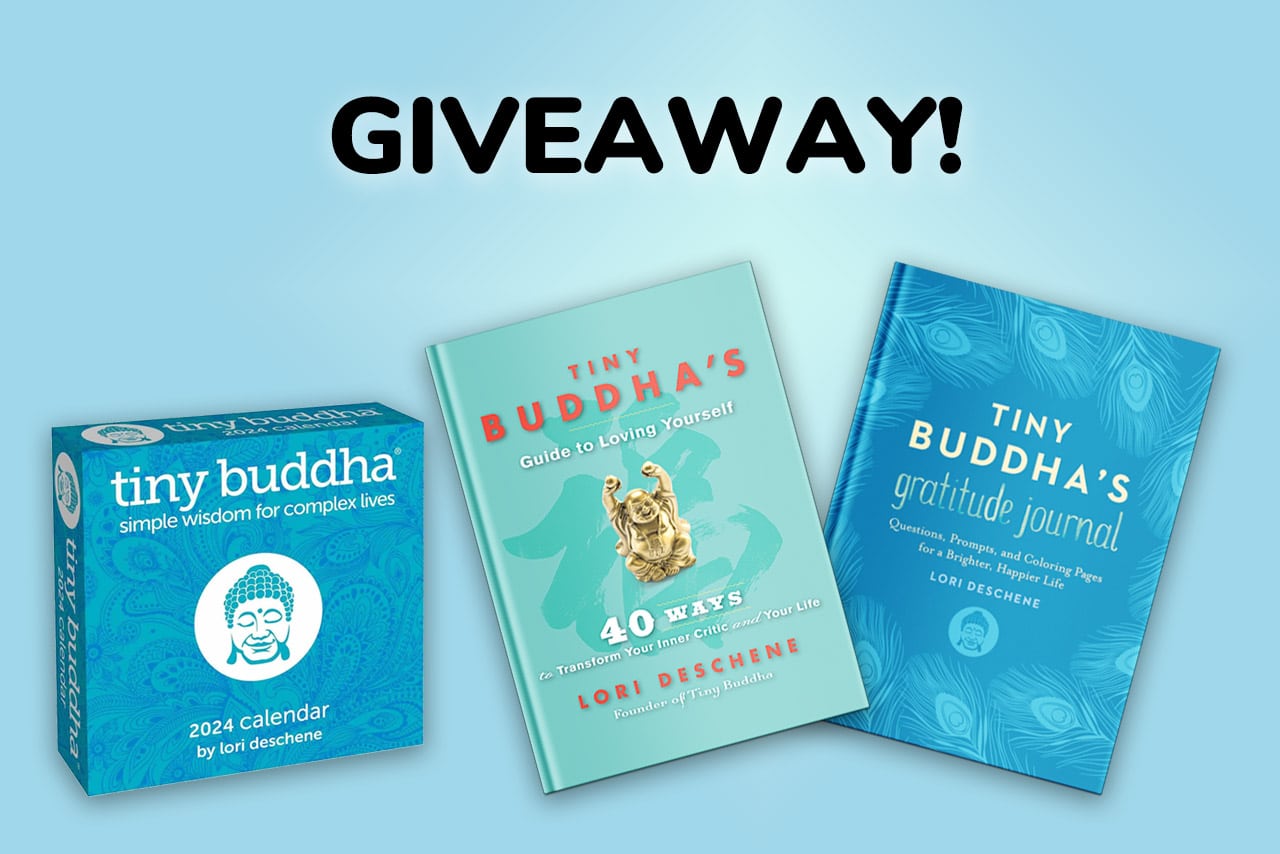
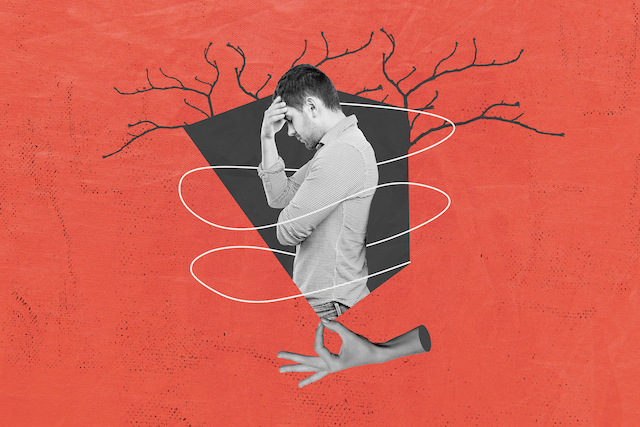
 I’ll drink a liter of water.
I’ll drink a liter of water.
